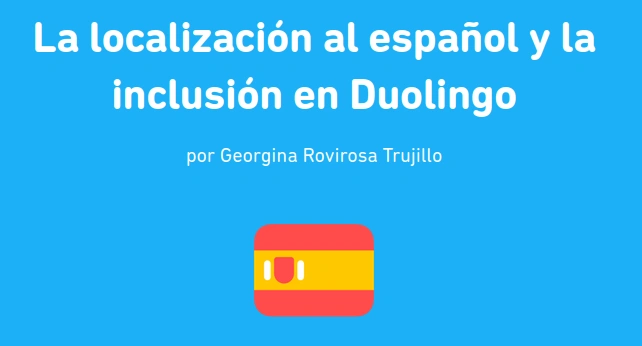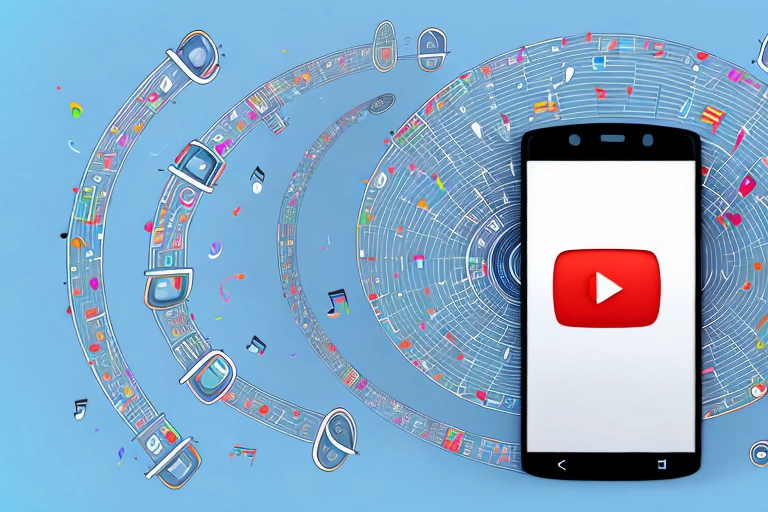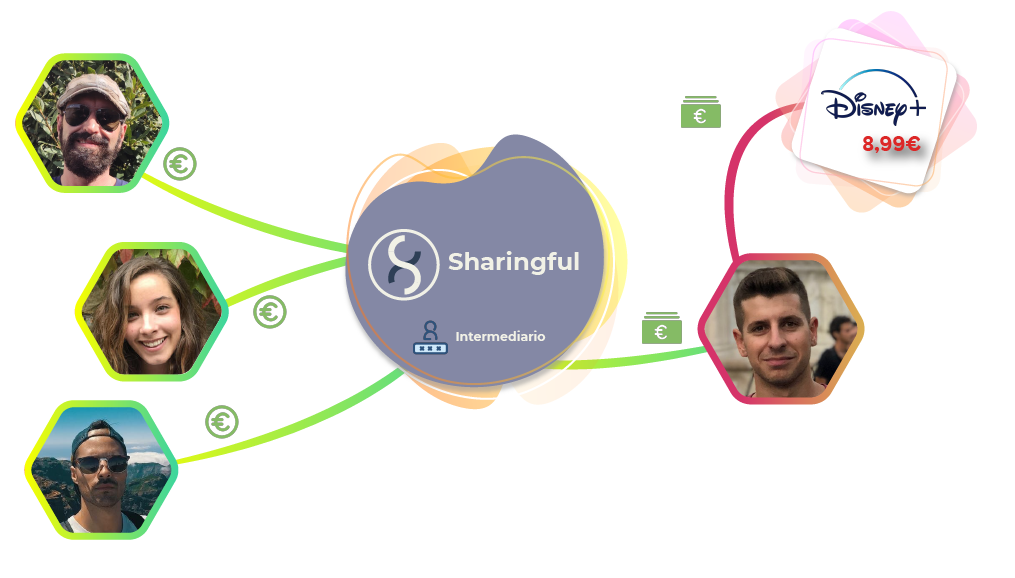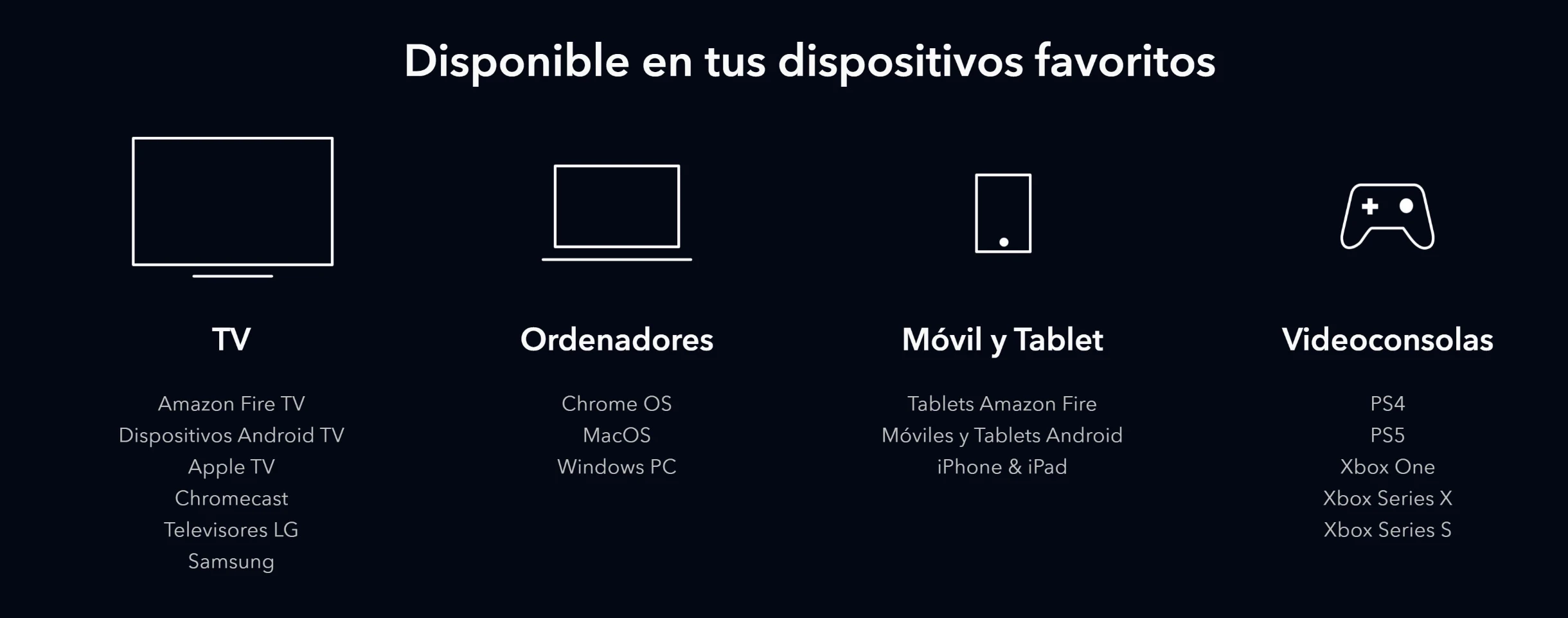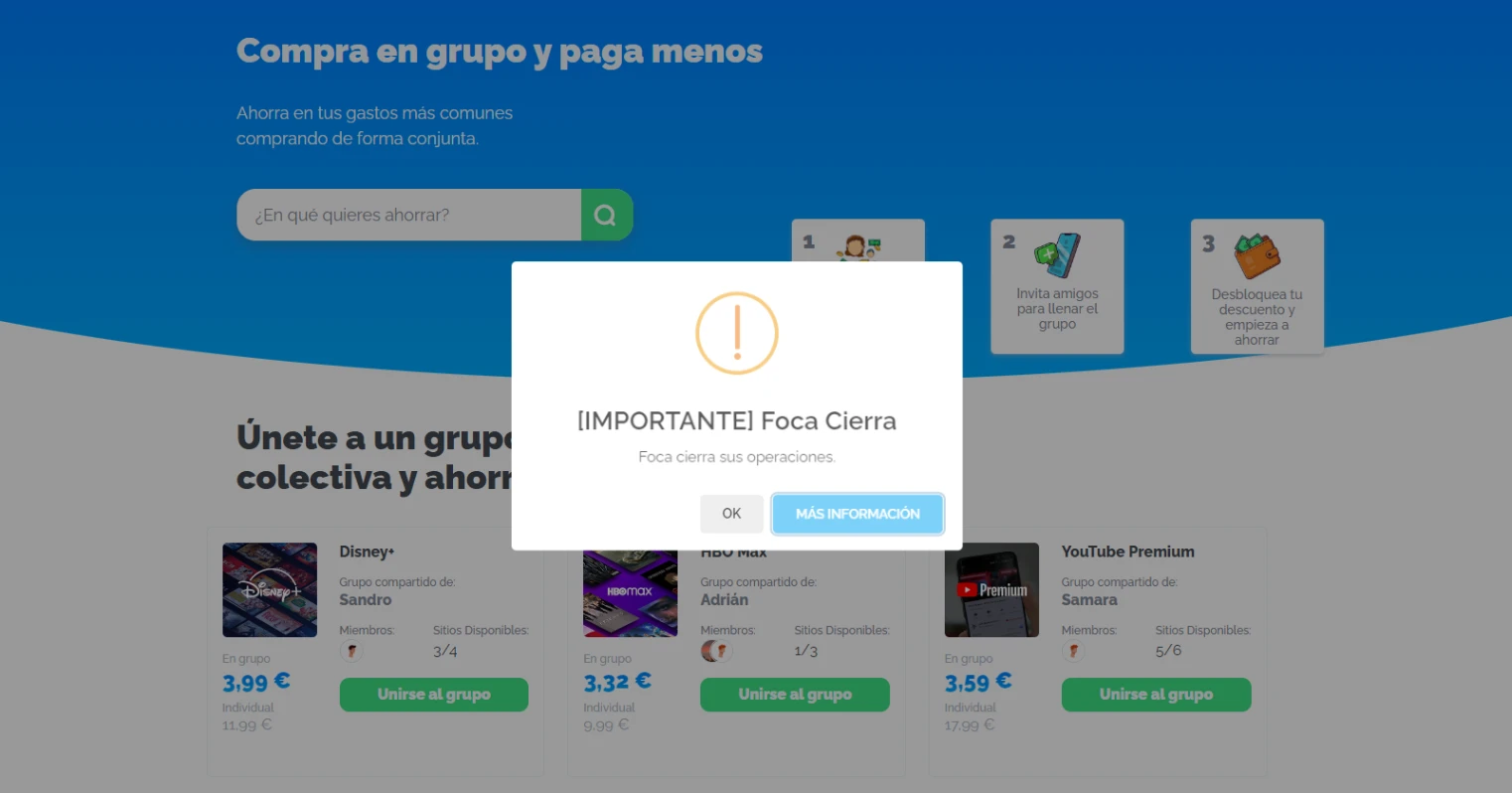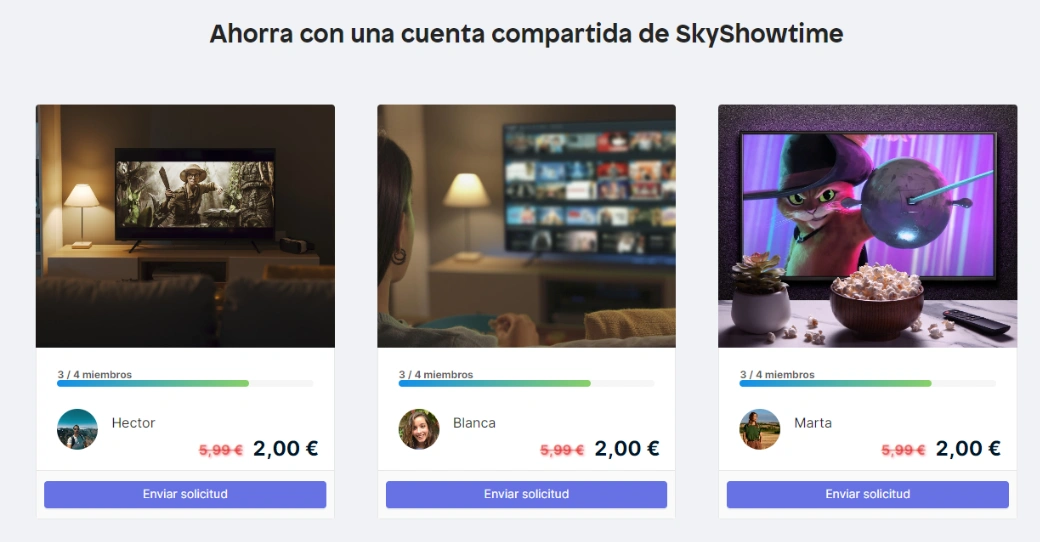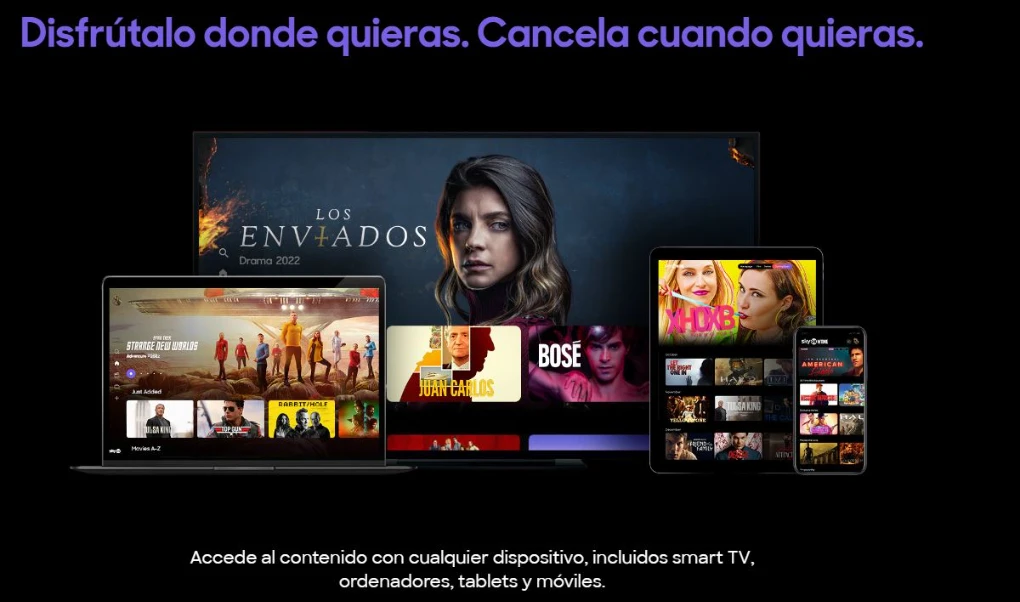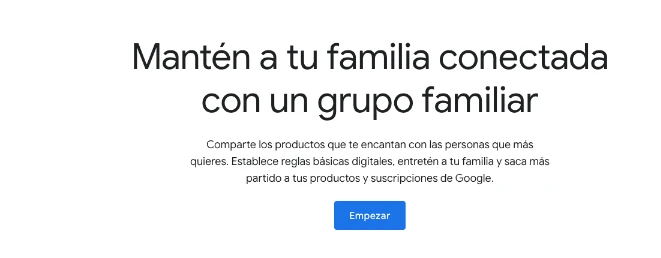Do you know how the Collaborative Economy works?
Discover how the collaborative economy works and how this new form of exchange is transforming the way we consume and share resources.

The collaborative economy, also known as the sharing economy, is a concept that has gained much popularity in recent years. It consists of the exchange of goods, services, and resources through digital platforms, allowing people to take advantage of idle assets and generate additional income. But, what exactly is the collaborative economy and how does it work?
What is the Collaborative Economy?
The collaborative economy is based on the idea of sharing instead of owning. Instead of buying a product or hiring a service from a traditional company, the collaborative economy facilitates direct connection between providers and consumers through online platforms. These platforms act as intermediaries, making it possible for people to share their resources efficiently and profitably.
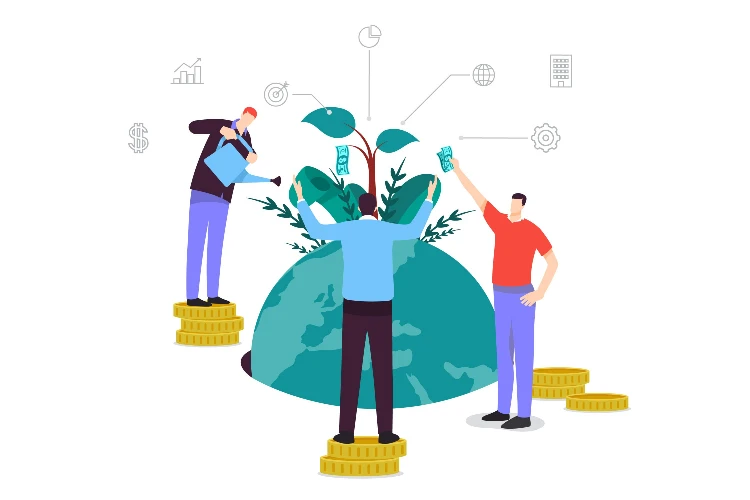
One of the key features of the collaborative economy is trust. Users of these platforms rely on ratings and reviews from other users to make decisions. This allows for a community where transactions are based on reputation and quality of service. In addition, many of these platforms use identity verification systems and security measures to ensure the trust and safety of all participants.
In the collaborative economy, there are different types of services that can be shared. For example, shared accommodation has gained popularity in recent years. Platforms like Airbnb allow people to rent out their homes or rooms to travelers looking for a more authentic and economical experience. This not only benefits travelers but also hosts, is becoming increasingly important.
Another example of the sharing economy is ride-sharing. Companies like Uber have revolutionized the way we get around in cities. Instead of relying on traditional taxis, we can now request a ride through an app and be picked up by private drivers. This is not only convenient, but it also helps to reduce traffic congestion and decrease carbon emissions.
In addition to accommodation and transportation services, there are many other forms of the sharing economy. For example, platforms like TaskRabbit allow people to hire others to perform small tasks and jobs, such as cleaning the house, assembling furniture, or running errands. There are also skill-sharing platforms where people can offer their knowledge and skills in exchange for receiving help in other areas.
How do Consumers Benefit from the Sharing Economy?
The sharing economy offers numerous benefits to consumers. First and foremost, it provides access to a wide range of goods and services at lower prices than those offered by traditional businesses. This is because providers do not have to bear the high costs of infrastructure and advertising of traditional businesses.
Another significant benefit is flexibility. Consumers can access the services they need quickly and conveniently, without having to commit to long contracts or long-term commitments. This is especially useful for people who need to use a service sporadically or for a limited period of time.
Additionally, the sharing economy promotes sustainability. By sharing resources and leveraging idle assets, we reduce the need for excessive production and consumption, which can lead to a reduction in environmental impact. This is especially relevant today, at a time when sustainability is becoming increasingly important. and caring for the environment are increasingly important.
In the collaborative economy, consumers also benefit from a greater variety of options. Through online platforms, they can access a wide range of products and services that might otherwise be difficult to find. For example, if you're looking for a specific collector's item, you're likely to find more options in a collaborative economy online marketplace than in a physical store.
Additionally, the collaborative economy promotes trust among consumers. Through rating and review systems, users can assess the quality and reliability of providers before making a transaction. This gives consumers greater peace of mind when using collaborative economy services, as they can make informed decisions based on other users' experiences.
Another significant benefit of the collaborative economy is the opportunity to learn and acquire new skills. Many collaborative economy platforms offer opportunities for people to share their knowledge and skills with others. For example, you can find online classes or in-person workshops where experts in different areas teach other users. This not only allows consumers to learn new skills but also provides them with the opportunity to generate additional income by becoming service providers.
Sharingful is an example of Collaborative Economy
A concrete example of the collaborative economy is Sharingful, a platform that allows sharing the cost of subscriptions with other people, enabling enjoyment of all possible platforms without affecting your pocket.
On Sharingful you can share subscriptions like Netflix, Disney Plus, HBO Max, Spotify Premium, YouTube Premium among other subscriptions.
The collaborative economy has revolutionized the way we People access products and services. Sharingful is a clear example of how this trend has reached the realm of savings through subscriptions. By allowing people to share their subscriptions, they can save up to 80% of the cost.
The Future of the Collaborative Economy
The growth of the collaborative economy seems unstoppable and is expected to continue expanding in the future. More and more people are opting to share rather than own, contributing to a more efficient and sustainable economy.
The future of the collaborative economy may also be influenced by the development of new technologies such as artificial intelligence and blockchain. These technologies can help improve trust and security in transactions, as well as facilitate the management of shared resources even more efficiently.
In addition, the collaborative economy is generating new employment and entrepreneurship opportunities. More and more people are finding creative ways to generate income through collaborative economy platforms, such as renting rooms or providing transportation services. This is democratizing access to the economy and allowing people to monetize their assets more effectively.
On the other hand, the collaborative economy is also having a positive impact on the environment. By sharing resources and using them more efficiently, the need to produce new goods is reduced, decreasing the ecological footprint. This is especially important in a world where concern about climate change and sustainability is on the rise.
Furthermore, the collaborative economy is fostering the construction of stronger communities. By sharing goods and services, people are establishing closer ties and connections with each other. This promotes a sense of belonging and collaboration, which in turn strengthens the social fabric of communities.






























